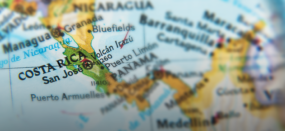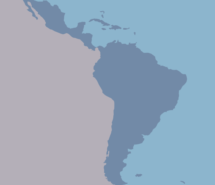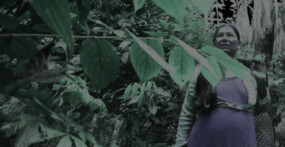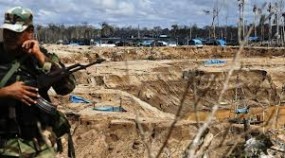Posted on 18 Sep 2015
by Douglas Farah & Carl Meacham
While in much of the Northern Triangle of Central America, the state is either absent or a secondary power, it is clear that “ungoverned spaces” are in fact governed by one or more of the proliferating non-state actors that control specific geographic space. Rather than a territorial space in anarchy, regions such as those examined in this study operate under unwritten rules governing the social, financial, economic, and political behavior of the inhabitants. As a result, there is a logic amidst the seeming chaos that is the fabric of these societies—fragmented societies where unspoken laws and social norms are understood and obeyed and where justice, job creation, social services, and the power of life and death are in the hands of non-state actors.
This study examines different forms of alternative governance in the absence of a strong state presence in the Northern Triangle of Central America—along part of the Guatemala Honduras border—a region notorious for its soaring homicide rates, corruption, violence, and emigration to the United States. The purpose of the study is to shed light on the complex and interwoven issues that drive the current crisis of governance in the region and spill over with increasing frequency into strategic issues for the United States.



